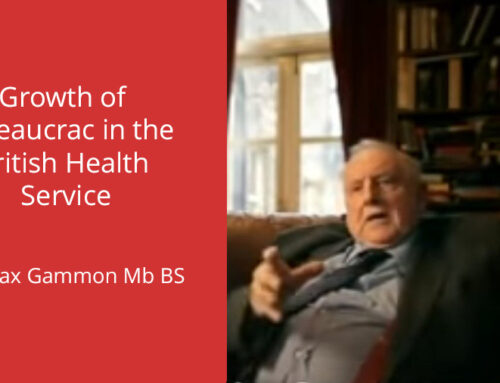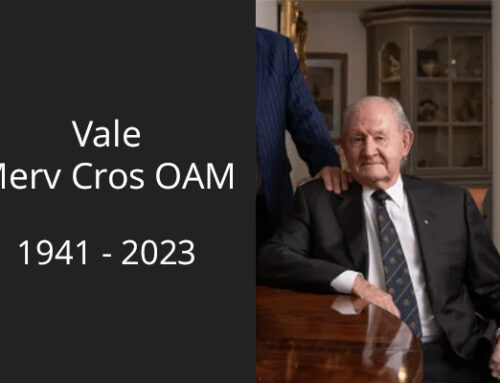“Sermons by Federal Health Minister, Nicola Roxon concerning choice of joint replacement are unhelpful and inaccurate”, Chairman of Australian Society of Orthopaedic Surgeons, Dr Gary Speck said in Melbourne today.
Dr Speck rejected the claim attributed to Ms Roxon in today’s Australian “that 99% of the patients receiving artificial joints did not get the best types”.
“We do not believe this claim is supported by the data from the National Joint Replacement Registry. What the registry does show is that the number of revisions for joint replacements are declining each year due to better matching of a particular implant to patient needs”, Dr Speck said.
The real story is of the great and improving benefits of implant surgery for patients delivering one of the most effective quality of life interventions ever developed by implant designers working closely with orthopaedic surgeons. It’s a great world-wide success story built on the back of years of dedicated orthopaedic training and product development.
“Currently the implant industry provides patients with a choice of appropriate implants and these should continue to be available for patients”, Dr Speck said.
“These claims will only add to the anxiety of elderly people who are facing complex operations which dramatically improve their lives and will be seen by many orthopaedic surgeons as a blatant attempt to undermine trust and confidence in surgeons who have delivered world’s best practice in orthopaedic surgery”.
Dr Speck said the evaluation of joints by the National Joint Replacement Registry (run and initiated by the Australian Orthopaedic Association) was helpful to orthopaedic surgeons in informing them of the performance of joint implants, but it was not infallible. Like all data, it is subject to interpretation and emphasis.
“Every patient is different and there will always be a need for options in choosing what implant is most appropriate for the patient. The specific skills and training of the orthopaedic surgeon and theatre staff are also factors in the selection of a particular implant. There is a significant difference in the type of joint replacements required by a young trauma patient, a cancer patient, an elderly patient suffering rheumatoid arthritis or osteoporosis or a revision prostheses”, Dr Speck said.
We do not want a situation where one size fits all and the government size is the only size available. “This is one of these areas that look very black and white to amateurs. It’s more complex than a 30 second media bite”, Dr Speck said.
“The real problem in orthopaedics is not a range of joints, but the rationing of joint replacements by a public hospital system which Minister Roxon promised to fix”, Dr Speck said.





